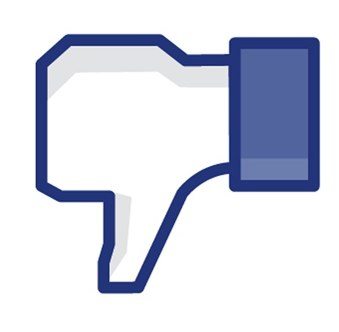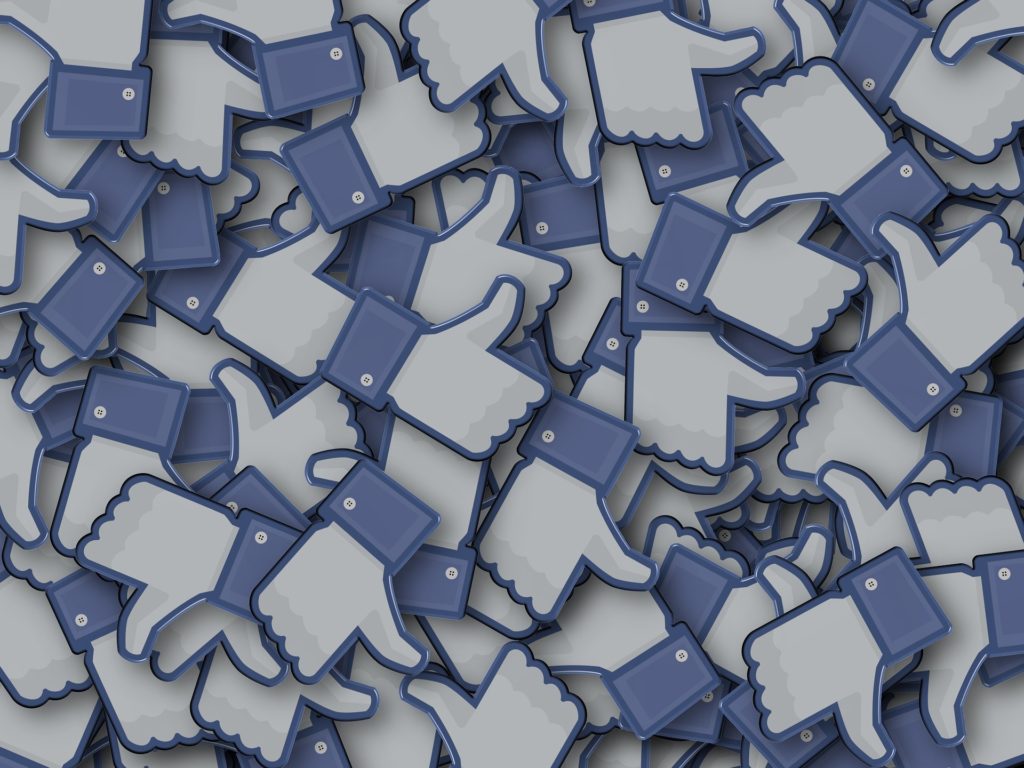Facebook made headlines this week when CEO Mark Zuckerberg revealed during a Q&A session that it is working on alternatives to the “Like” button. Tech media and Facebook users seem to be split–either they love the idea or hate it. Zuckerberg alluded to more of a “sympathy” or “empathy” button than a straight-up “Dislike”, but as far as I’m concerned any new button is a slippery slope with potential adverse consequences.
Have you “Liked” my page on Facebook? Well, at least I know you haven’t “Disliked” it—even if you dislike it—because there’s no button available to do that. Mark Zuckerberg has fueled rumors that Facebook is working on something like that in recent interview, though. I used to think a “Dislike” button would make sense but now I think it’s a horrible idea.
Many are excited about the prospect, and I admit there are posts where I think there should be something more appropriate than “Like” as an option. However, adding a “Dislike” button or equivalent will just pour gasoline on the fire of pointless Facebook drama or possibly lead to some sort of emoji-like proliferation of potential responses.
We are at the (very long) beginning of the 2016 election campaign cycle with a whole clown car of potential candidates either loved or hated by the people in my social network. The availability of a “Dislike” button will simplify the process of “anti-Liking” and make it easier to register opposition to a post. It will distill the drama behind Facebook interactions to a simple click or tap on a thumbs down icon.
Granted, the absence of a “Dislike” button also creates its own brand of drama. When someone posts something I find offensive or ridiculous there are only four options. I can ignore the post entirely and just go on with my life. I can comment on the post to officially register my dissent and open up a Pandora’s Box of meaningless debate that could go on for hours…or days. I can just write an anti-post—post something snarky on my own Facebook feed that expresses my point of view without directly engaging in debate. Finally, there’s the “nuclear option” of just removing that person from my social network entirely.
A “Dislike” button would be a fifth option, but would incite its own drama. Friends will still be pissed off or offended that you’ve disliked their point of view, or their picture of a sunset, or whatever it is you’ve clicked “Dislike” on. It will still lead to either a protracted debate, a snarky anti-post, or an unfriending because simplifying the drama doesn’t make the drama go away.
The one reason I can see for really needing something along the lines of a “Dislike” button is for bad news. When a friend posts that his father has passed away, or a cousin writes a post about getting into a major car accident and almost getting killed it seems awkward to “Like” the post. We do it anyway. As a Facebook society we’ve decided that “Like” doesn’t have to mean “I think the content of this post is awesome.” It can also mean, “I read your post and I acknowledge my condolences or support.”
You can read the full story on Forbes: Why I Dislike The Idea Of A “Dislike” Button On Facebook.
- When Security Automation Meets Agentic AI - September 12, 2025
- Rethinking Cybersecurity in the Age of AI and Digital Twins - August 25, 2025
- 10 Clever Tech Gadgets Every Student Will Actually Use - August 21, 2025



